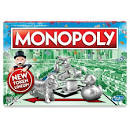Maths
In line with the National Curriculum we follow the Mastery approach to teaching Maths. Children across the school work on Fluency, Reasoning and Mastery. The strategies for calculations can be found in our Calculation policy as can the strategies for the Mastery of Fractions.
Children begin to experience mathematical language and representations as soon as they enter the school. In the Early years numbers can be learnt through songs, rhymes and practical experience before moving onto concrete apparatus. As the children move through the school the use of manipulatives is actively encouraged. In UKS2 it may be in the representation of more difficult concepts such as ratio, or fractions and decimals.
Children work on their fluency throughout the school which they then apply to a range of problem solving activities. Mathematical language is taught right from the beginning so that the children are able to accurately reason about number and problem solving .Practical experience is varied and used widely across the school.
There are lots of ways in which you can bring Maths to life for your child through simple games and activities. Whether out shopping, using the context of money to help develop your child's skills, or helping them to better understand measurement when baking.
Board games can be great for developing a child's Math's skills too! Playing these can be a really powerful way for young children to become comfortable with our number system, spotting patterns and literally playing with numbers.
Some of our favourite board games (and others) are shown below...

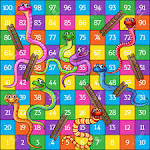
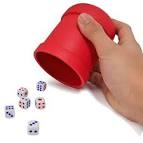
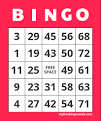

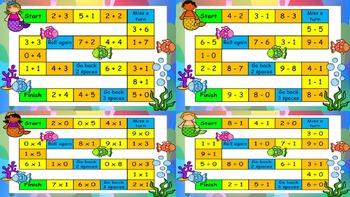
Livingstone Primary Three I's For Maths...
Here is a list of useful websites to help support with number -
https://www.bbc.co.uk/cbeebies/shows/numberblocks
https://www.bbc.co.uk/cbeebies/grownups/help-your-child-with-maths
http://www.mathematicshed.com/maths-at-home-shed.html
Multiplication sites which may be useful for the Year 4 Times Table Check -
Below is a list of useful websites for times tables and those that mimic what is believed to be the test situation –
This is a great resource. To mimic the times table check select the Soundcheck Area, this allows you to see the 6 seconds.
www.mymaths.co.uk – all of the children have log ins for this. There are lots of games which help with times tables.
https://mathsframe.co.uk/en/resources/category/7/multiplication-and-division
Maths Assessments
The children complete a Baseline assessment as they enter our school in the early years. This is followed by three further points of assessment during their time at Livingstone Primary:
The KS1 SATs tests - sat during the Summer Term of year 2
The Multiplication Test - sat during the Summer term of year 4 (New in 2020)
The KS2 SATS test - sat during the Summer term of year 6
Click here for more information on the SATs test
Click here for some information about the Year 4 Times Table Check
https://blog.oxfordowl.co.uk/what-is-the-year-4-multiplication-tables-check/

